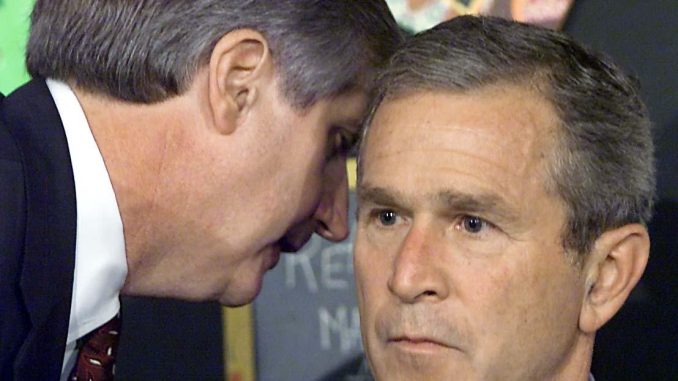
By Ian Ezinga
A common answer given as to why an undergraduate student studies history, besides to become qualified as a primary or secondary education instructor, is to learn lessons from the past which they can apply to the present. This answer has never sat too neatly with me. Instead, I see the study of history as a means of inching closer to truth. But the question of why truth can be so elusive is what motivates me to write how the study of history is probably the only solution to untangling what is from what others think it may be. Regardless of the unlikely odds that the present will ever be blessed with a moment of clarity distributed amongst a majority of the population, I still find the pursuit of truth to be of utmost importance.
Of course, the past can be a valuable tool for solving present problems, but it certainly can not be the only one. It should always be a voice at the decision-making table, but no one decision made in the present can be made solely on consideration of the past. If this is your practice, it brings me no pleasure to inform you that you may be a conservative. In any case, decisions and challenges of the present must be settled using a variety of sources. And whatever sources are considered, in democratic societies, one must argue their validity in order to obtain a majority and effect change.
To the great bereavement of everyone who has ever had to make a collaborative decision, a proposal for what should be done requires a majority. Besides numerical superiority, a majority represents a collective understanding, or a commonly held truth. Take a group of people stranded on a remote island, for example. Low on food, the group votes to send half of their party out on a potentially dangerous expedition to see if there are any other nearby resources that could save the group. In this case, a numerical superiority was needed to send out the expedition and in order to obtain it, members in favor of the proposal must convince their peers of the truth as they see it. In this example, the truth could be that everyone may starve if they don’t risk half the group to find more resources.
While this is simply democracy, what intrigues me is the role of convincing others not to simply vote for you, but to share the truth that you carry. Using this basic formula, you can explode common conceptualizations of the political arena as a series of conflicts over truth. And what is fascinating about the American political sphere is that you have two parties who are both concerned less with convincing the other of the truth as they see it, but instead both practice a continual dilution and denial of the greater underlying truths baked into the white marble of the nation’s capital.
This brings me to what we might call a political skeptic, whose triumph lies in the burden of proof they carry to make their case. For a strong adherent to a specific political party, one must prove beyond a reasonable doubt that everything that their party has to say is true. An essentially impossible task. For a skeptic, however, all they must do is prove one thing that either party says is false and they won their essential argument. If lies and dishonesty are to be found in your ranks, then you lose the vantage point from which you can declare you have the truth, but if your quest to find the truth, then you are able to find fault in just about any side claiming to have it.
This is where the Ancient Greek philosophers might suggest the legitimate deployment of a noble lie. A lie that is told by those in charge for the benefit of the public and not to further entrench their power. But truth and power are inextricably linked, as the holders of truth also hold more power. With the truth, or the withholding of it, you can effectively control people’s perceptions and their subsequent actions. The challenge then is to arrive at an ideological stance which can survey the field of current events, remain inspired to effect positive change, while being constantly bombarded with countless instances of powerful people not telling the truth.
All it really takes is one example of a power at large lying for one to start pulling at the thread of their integrity. If, for example, it could be proven that the government lied about details pertaining to the assassination of a political figure, a conflict overseas, or perhaps even a domestic terror attack, the logical next step is to ask why? This question can, unfortunately, lead well-intentioned individuals to a demise colored by incessant fear and paranoia about the world around them. Instead of falling for this, I would recommend asking all the questions your curious mind wants to ask, but do so without expecting an immediate alternative to the truth. The truth is out there, but if it is being withheld, then it might be safe to assume that the holders of the truth are concerned that it would endanger their power if it were to get out. The contents of history hold clues as to where the truth can be found, but it doesn’t offer any guidance about what to do with it. That undertaking, as I hope to explain later, is left to the prisoners of the present.
